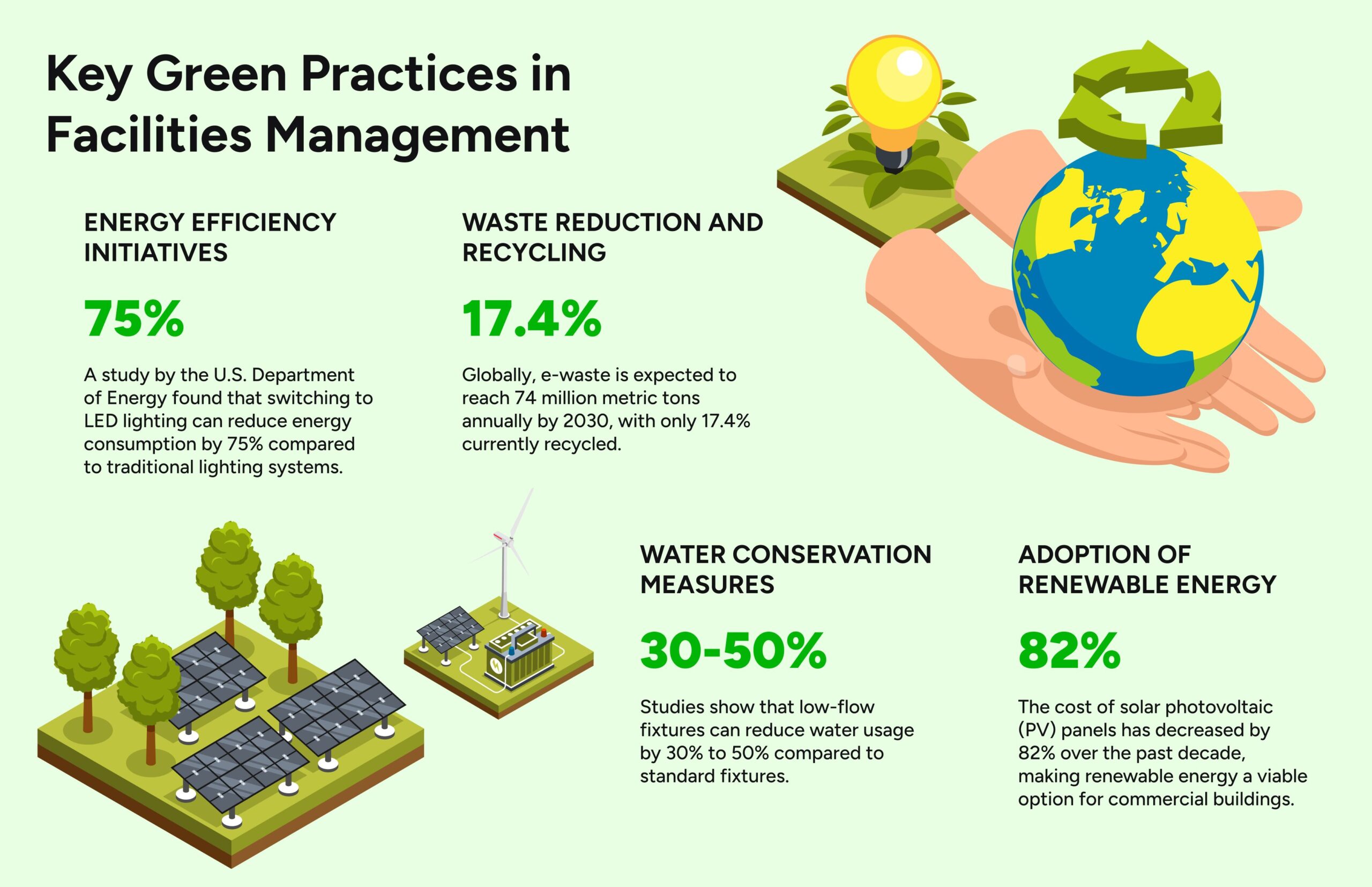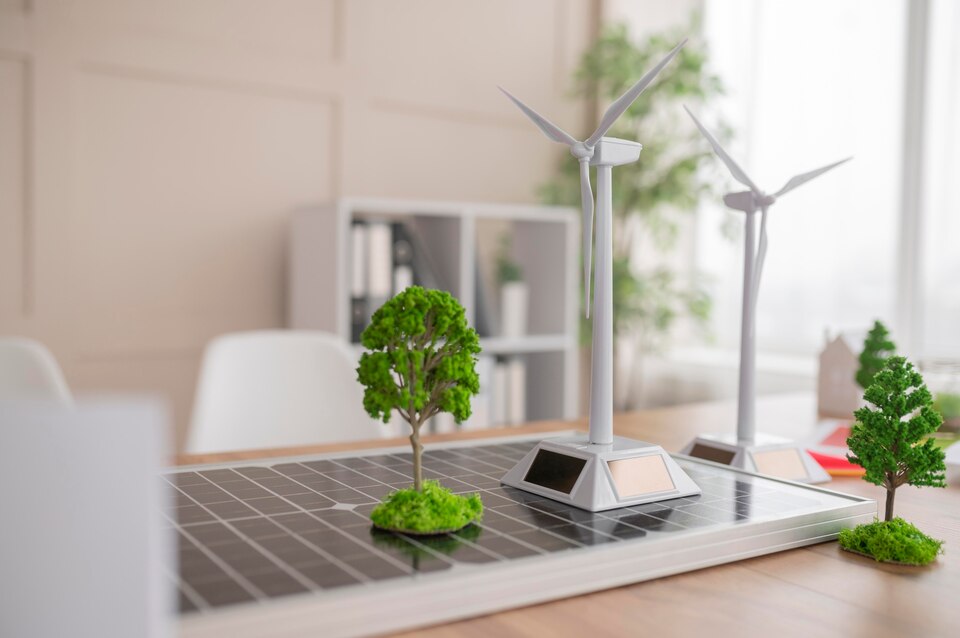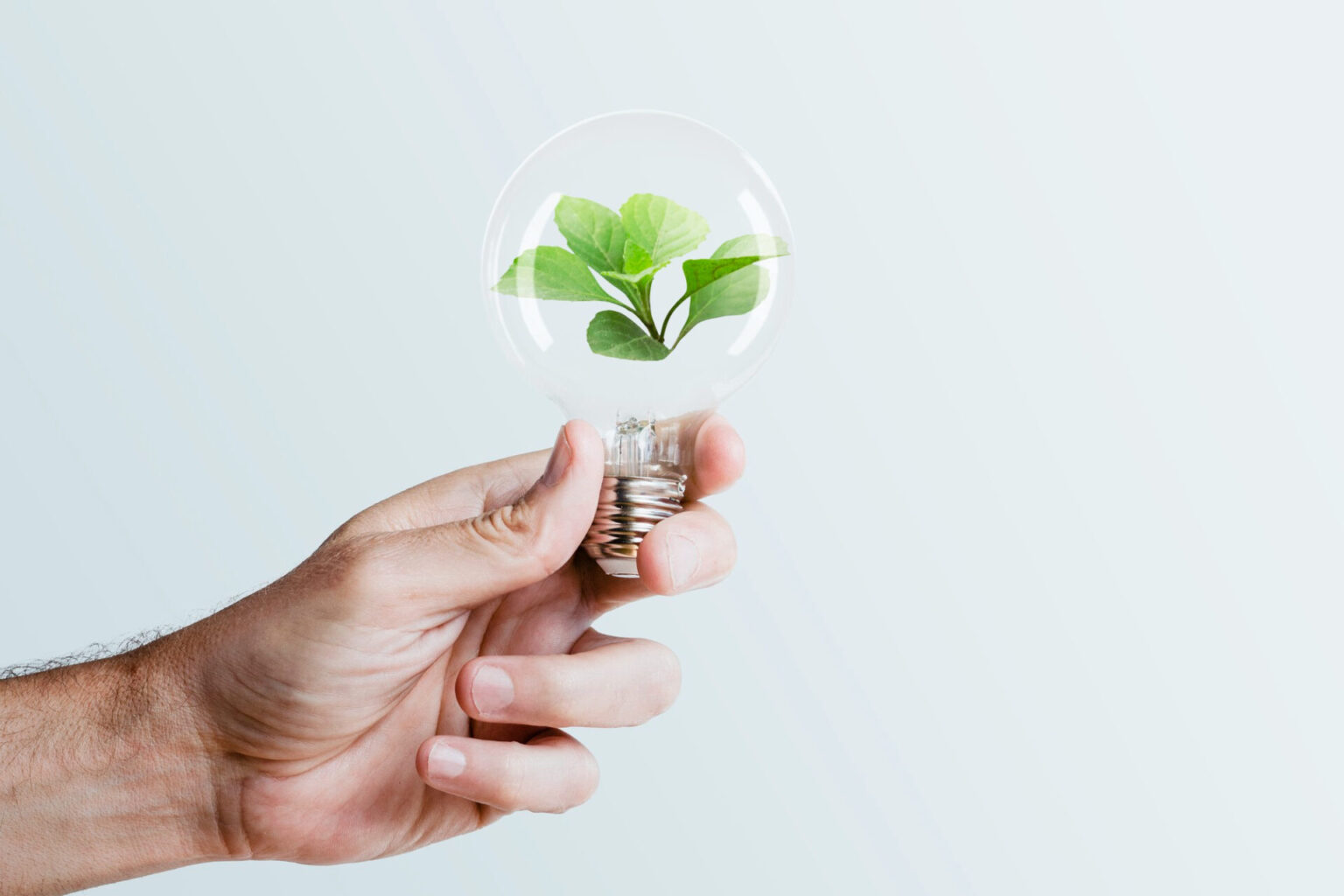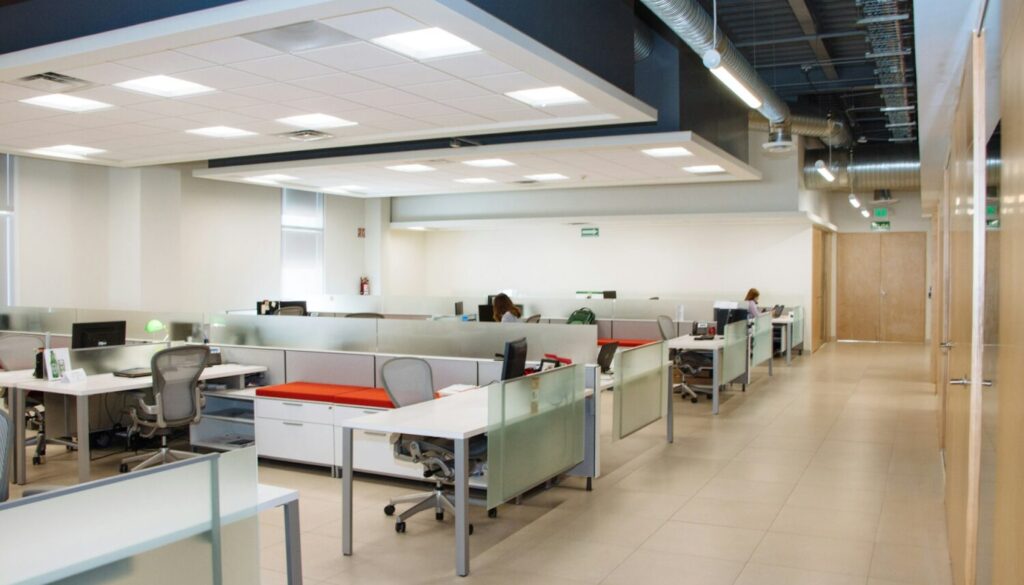The business process outsourcing (BPO) sector has grown exponentially in recent years, providing critical support services to companies worldwide. However, this growth comes with significant environmental implications, including high energy consumption, extensive waste generation, and a large carbon footprint. As the demand for sustainable operations intensifies, facilities management plays a pivotal role in implementing green practices within the BPO industry.
KuddleandCo, a leader in BPO facilities management, is at the forefront of promoting sustainability, offering innovative solutions to reduce environmental impact while maintaining operational efficiency. This article explores the importance of sustainable practices in facilities management and how they are transforming the BPO sector.
The Need for Sustainability in BPO Facilities Management
BPO operations are resource-intensive, with facilities often running 24/7 to meet global client demands. This continuous operation contributes significantly to energy consumption, greenhouse gas emissions, and waste generation.
According to the International Energy Agency, commercial buildings account for nearly 30% of global energy consumption, and energy use in office spaces continues to rise¹. Additionally, research by McKinsey highlights that companies that prioritize sustainability see a 20% reduction in operational costs over time².
For the BPO sector, adopting green practices is no longer optional—it is a strategic imperative that drives cost savings, regulatory compliance, and brand reputation.


Key Green Practices in Facilities Management

Energy Efficiency Initiatives
Energy consumption is a significant challenge in BPO operations. Implementing energy-efficient systems, such as LED lighting, energy-efficient HVAC systems, and smart sensors, can drastically reduce electricity use.
A study by the U.S. Department of Energy found that switching to LED lighting can reduce energy consumption by 75% compared to traditional lighting systems³.
At KuddleandCo-managed facilities, energy audits and optimization strategies are regularly conducted to identify inefficiencies and implement corrective measures, ensuring sustainable energy use without compromising operational performance.

Waste Reduction and Recycling
BPO offices generate substantial waste, including paper, electronic waste, and general office refuse. Establishing recycling programs and minimizing single-use materials are essential steps toward sustainability.
Globally, e-waste is expected to reach 74 million metric tons annually by 2030, with only 17.4% currently recycled⁴.
KuddleandCo promotes waste segregation and partners with certified recycling firms to manage electronic and office waste responsibly. These practices help clients reduce their environmental impact and comply with waste management regulations.

Water Conservation Measures
Efficient water usage is another critical component of green facilities management. Installing low-flow fixtures, monitoring water use, and recycling wastewater can significantly reduce water consumption.
Studies show that low-flow fixtures can reduce water usage by 30% to 50% compared to standard fixtures⁵.
KuddleandCo incorporates water-saving technologies in all its managed facilities, ensuring resource conservation aligns with client sustainability goals.

Adoption of Renewable Energy
Investing in renewable energy sources such as solar or wind power can significantly reduce a facility’s carbon footprint. Solar panels, in particular, are becoming a popular choice for powering office spaces.
The cost of solar photovoltaic (PV) panels has decreased by 82% over the past decade, making renewable energy a viable option for commercial buildings⁶.
KuddleandCo works with BPO clients to explore renewable energy solutions, such as on-site solar installations or sourcing green energy from providers.
The Business Case for Green Practices
Adopting sustainable practices is not just an environmental responsibility—it’s a sound business strategy. Companies that implement green facilities management experience reduced operational costs, improved employee satisfaction, and enhanced brand reputation.
A Deloitte survey revealed that 64% of consumers are willing to pay a premium for products and services from companies committed to sustainability⁷. For BPO clients, aligning with environmentally conscious partners like KuddleandCo can improve client retention and attract socially responsible businesses.
How KuddleandCo Drives Sustainability
KuddleandCo integrates sustainability into every aspect of its facilities management services. Key initiatives include:
- Conducting comprehensive sustainability audits to assess and enhance energy, waste, and water efficiency.
- Developing custom green solutions tailored to each client’s operational needs.
- Promoting employee engagement programs to foster a culture of sustainability within client organizations.
- Leveraging advanced technology for continuous monitoring and optimization of resource usage.

Sustainability in facilities management is no longer just a value-added component—it is a transformative force shaping the future of the BPO industry. Green practices, such as energy efficiency, waste reduction, and renewable energy adoption, are not only beneficial to the environment but also offer significant business advantages, including cost savings, operational resilience, and enhanced market reputation.
For BPO companies, aligning with a forward-thinking partner like KuddleandCo means more than meeting sustainability benchmarks. It means embracing innovative, tailored solutions that balance environmental stewardship with operational excellence. With KuddleandCo’s expertise, companies can create greener, more efficient workplaces that resonate with the demands of clients, employees, and stakeholders alike.
In a rapidly changing world where sustainability is increasingly tied to business success, the question isn’t whether to adopt green facilities management—it’s how soon you can start. KuddleandCo is here to guide your business every step of the way.
References
- International Energy Agency. Global Energy Consumption Report 2023.
- McKinsey & Company. Sustainability and Cost Reduction: A Business Case.
- U.S. Department of Energy. Energy Efficiency in Lighting Systems.
- Global E-Waste Monitor. E-Waste Statistics and Trends 2020.
- EPA. Water Conservation in Commercial Buildings.
- IRENA. Renewable Power Generation Costs 2022.
- Deloitte. Global Sustainability Trends 2023.

